Other Oaths and Pledges
Organizations
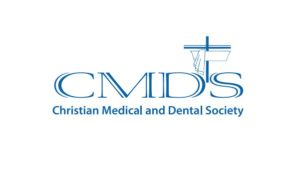

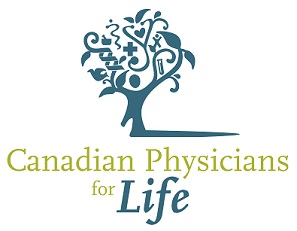
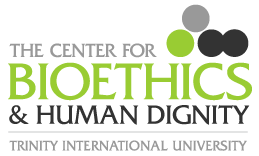
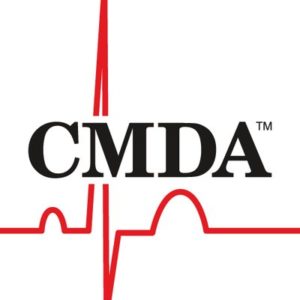
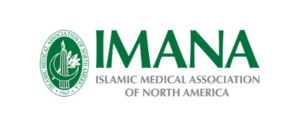
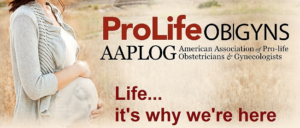
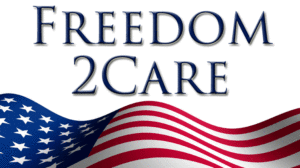
Christian Medical and Dental Society (CMDS)
A national organization of physicians and dentists who share a common faith in Jesus Christ.
www.consciencelaws.org
The watchdog organization for rights of conscience issues.
Canadian Physicians for Life
Founded in 1975, this is a non-profit, charitable organization of Canadian physicians dedicated to the respect and ethical treatment of every human being, regardless of age or infirmity.
The Center for Bioethics & Human Dignity
The Center exists to help individuals and organizations address the pressing bioethical challenges of our day, including managed care, end-of-life treatment, genetic intervention, euthanasia and suicide, and reproductive technologies.
Physicians for Compassionate Care
Physicians for Compassionate Care promote compassionate care for severely ill patients and are dedicated to preserving the traditional relation of the physician and patient as one in which the physician’s primary task is to heal when possible, comfort always, and never intentionally harm.
The Washington Office of the Christian Medical Association links CMDA members with Congress, the Administration and policy organizations; presents life-honoring perspectives through the national media; and publishes resources on vital issues.
Contact The Washington Office For federal policy issues:
Jonathan Imbody, Vice President for Government Relations
CMA Washington Office, 21798 Jarvis Square • Ashburn, VA 20147
Phone: 703.723.8688 • FAX: 703.723.6925
[email protected]
Articles
Christ and Nothing David B Hart
Handling Issues of Conscience Jay Budziszewski
The Revenge of Conscience Jay Budziszewski
The Uniquely Destructive Psychological Experience of Elective Abortion Priscilla Coleman
Towards a Theology of Multiculturalism Stephen Holmes
Imposed Death: Euthanasia and Assisted Suicide Human Life Alliance
Be careful about calling it ‘death with dignity’ Barbara Kay
Unspeakable Ethics, Unnatural Law Arthur Allen Leff
Euthanasia in the Third Reich: Lessons for Today? J. A. Emerson Vermaat
Robert Jay Lifton

The Nazi Doctors
Alasdair MacIntyre

After Virtue
Alasdair MacIntyre

Whose Justice? Which Rationality?
Alasdair MacIntyre

Three Rival Versions of Moral Enquiry
History of the Oath of Hippocrates
From the American Hippocratic Registry
The Hippocratic Oath was probably not penned by Hippocrates himself but, most likely, by a small collection of his students in the decades following his death. Nonetheless, the Oath named after him almost certainly represents the philosophy espoused by Hippocrates and by which he practiced medicine in his day. For the first time, this physicians’ Oath codified an ethical standard for the art, which, first of all, transcends the vicissitudes of societal law and, further, which specified a professional dedication to the sanctity of life and a trust-based relationship between doctors and their patients.
For 25 centuries, the Oath stood unamended and uncontested as the template for medical practice. Anthropologist Margaret Mead wrote:
For the first time in our tradition there was a complete separation between killing and curing. Throughout the primitive world, the doctor and the sorcerer tended to be the same person. He with power to kill had power to cure, including specially the undoing of his own killing activities. … With the Greeks, the distinction was made clear. One profession, the followers of Asclepius, were to be dedicated completely to life under all circumstances, regardless of rank, age, or intellect – the life of a slave, the life of the Emperor, the life of a foreign man, the life of a defective child. … [T]his is a priceless possession which we cannot afford to tarnish, but society always is attempting to make the physician into a killer – to kill the defective child at birth, to leave the sleeping pills beside the bed of the cancer patient. … [I]t is the duty of society to protect the physician from such requests. (Marker, 1991)
The importance of the immutability of this code of ethics cannot be overstated. The dangers of societal expectations, or even mandates, to violate that professional code are not merely hypothetical. After the second World War, it once again became necessary to codify professional conduct for physicians, but this time, in international law. Following the Nuremberg Trials and the “Subsequent Nuremburg Trials” of 1946-47 for Nazi doctors accused of crimes involving horrific examples of human experimentation, the Declaration of Geneva was adopted in 1948 by the General Assembly of the World Medical Association in Geneva. This declaration was a modern restatement of the tenets of the Hippocratic Oath which would forever prohibit the physician-perpetrated atrocities to humanity exposed among at least 20 Nazi doctors. These same atrocities were defended by the accused physicians based on their legality and by the mitigating circumstance that the doctors were operating under lawful orders of their superiors. The tribunal found the doctors guilty on the basis of violating a “higher law” than that of a nation. If such a professional code is not immutable, then these doctors were convicted unjustly. Clearly, by today’s standards, they would have been acquitted.
Sadly, this declaration has not been treated as immutable either, but has undergone a series of politically-correct amendments that considerably weaken it. For instance, the sanctity of human life has been obscured in the current form of the Declaration of Geneva. The following bracketed portion of the original provision was completely deleted in 2005:
I will maintain the utmost respect for human life, [from the time of its conception, even under threat, I will not use my medical knowledge contrary to the laws of humanity].
Despite clear examples of the wisdom of- and necessity for the Oath, some of its basic tenets have come under fire in recent decades.